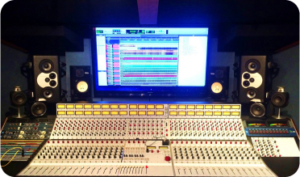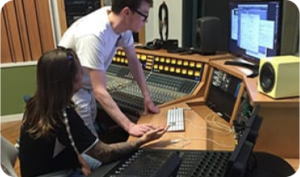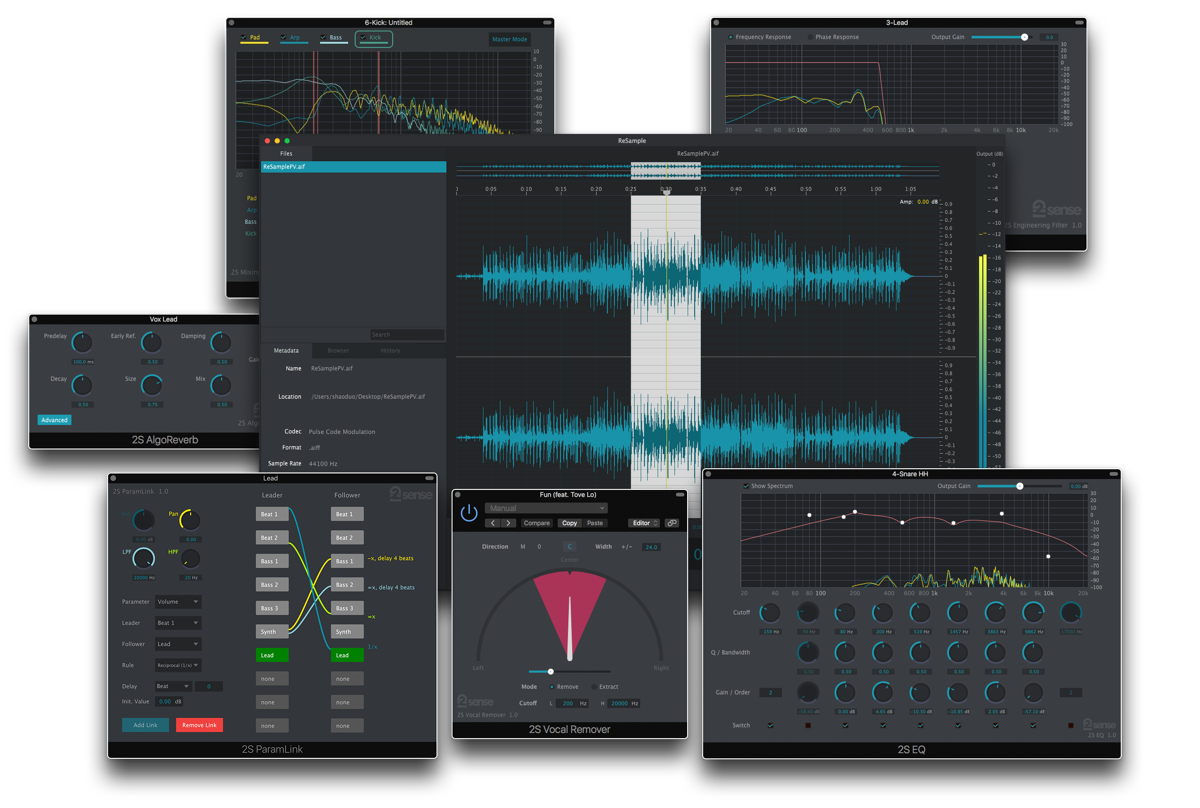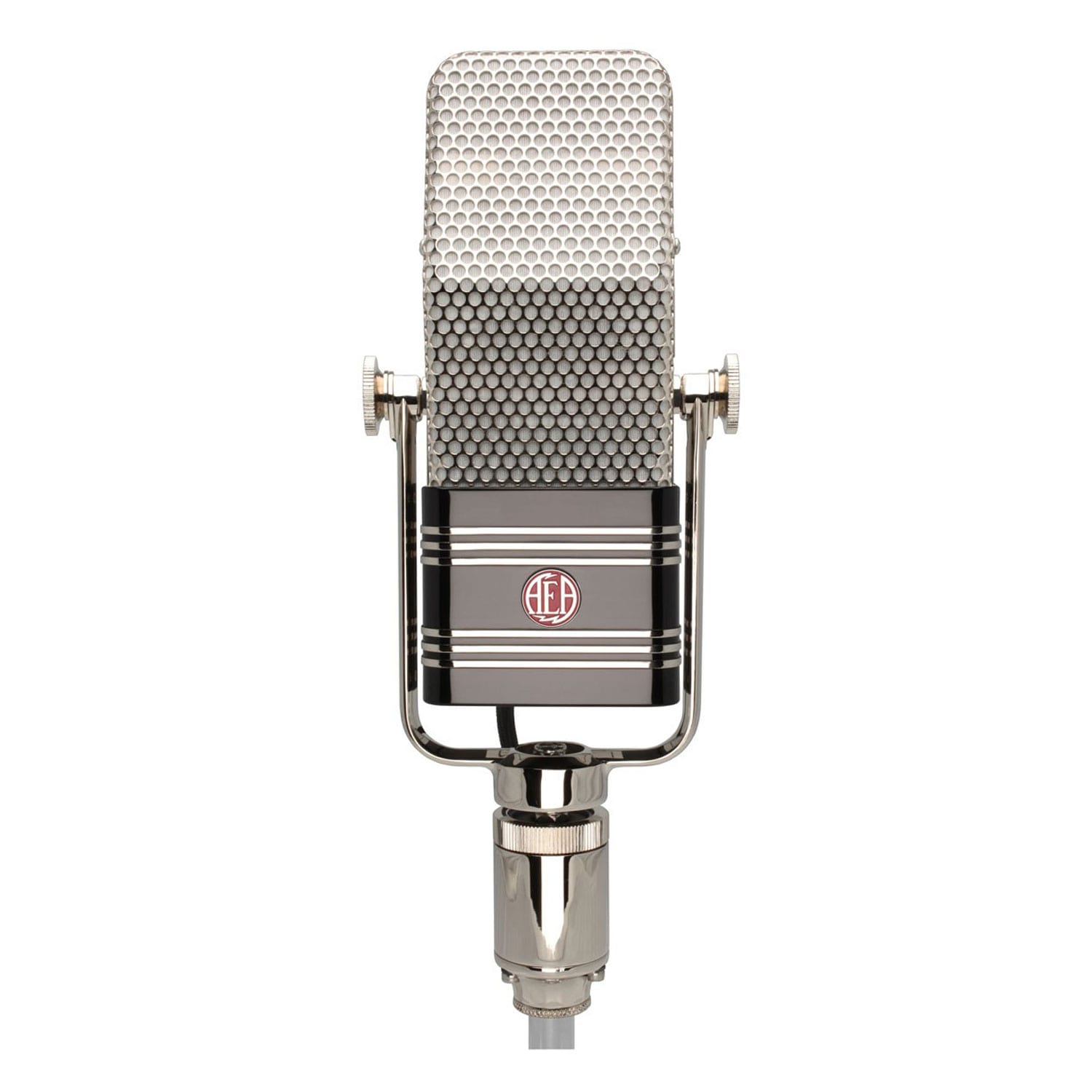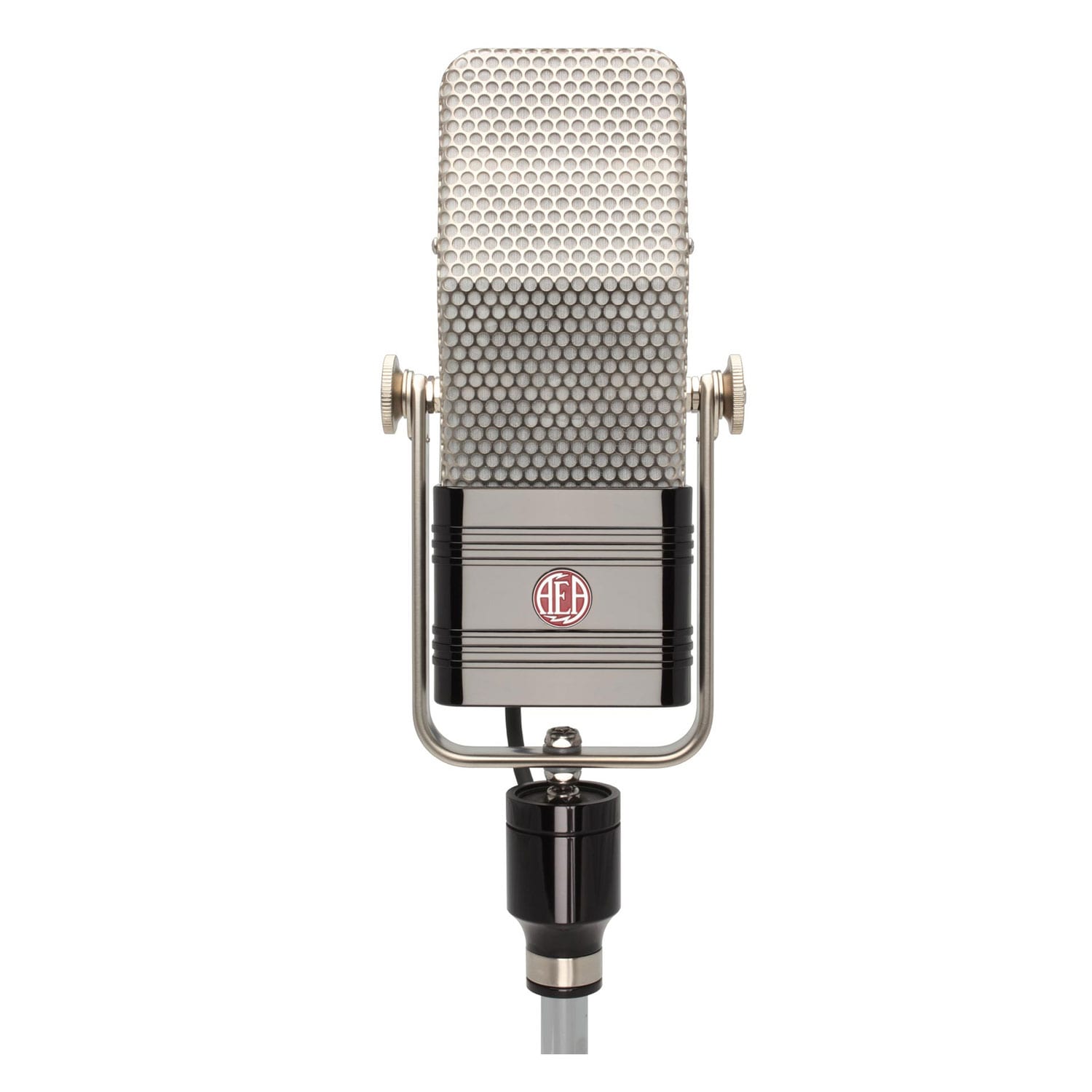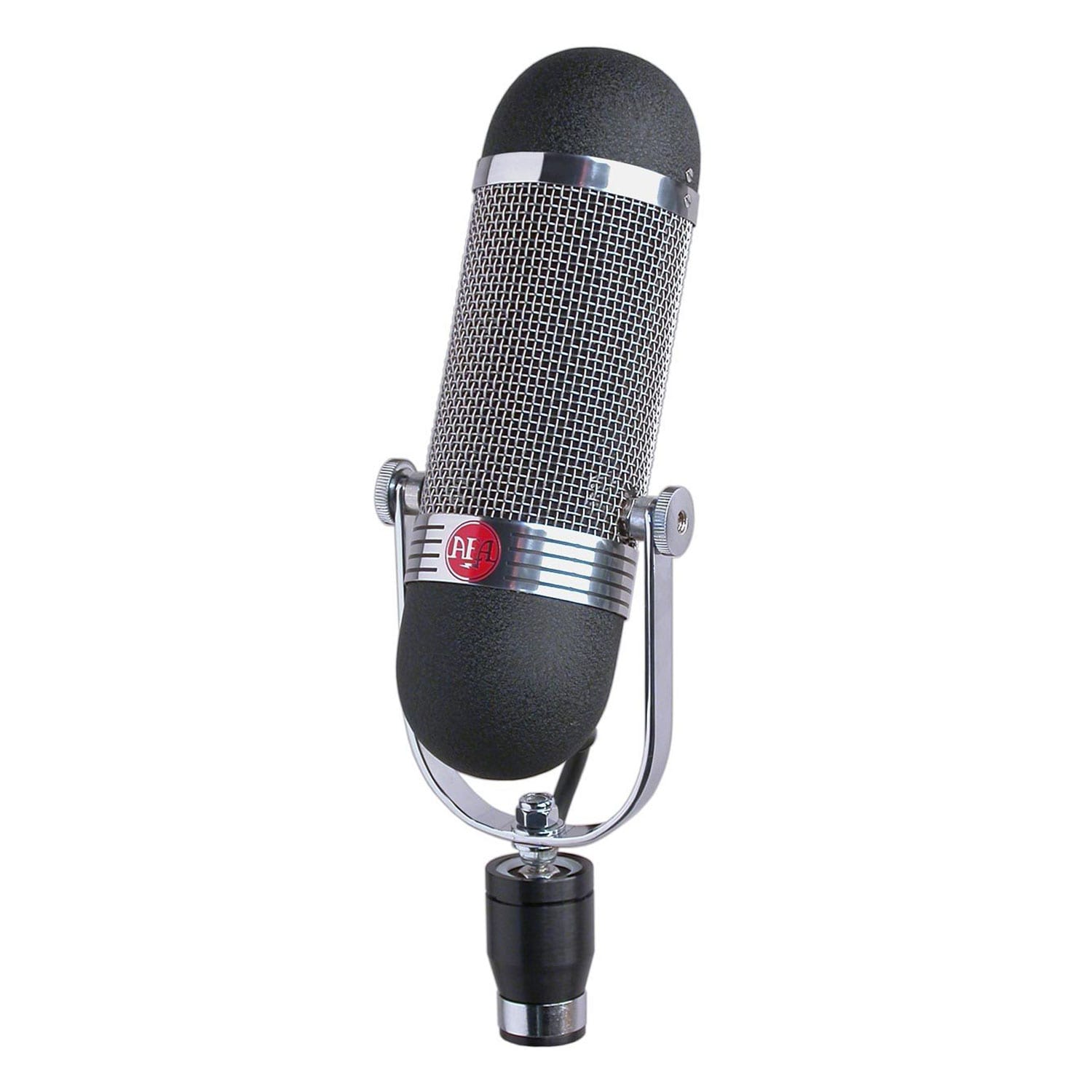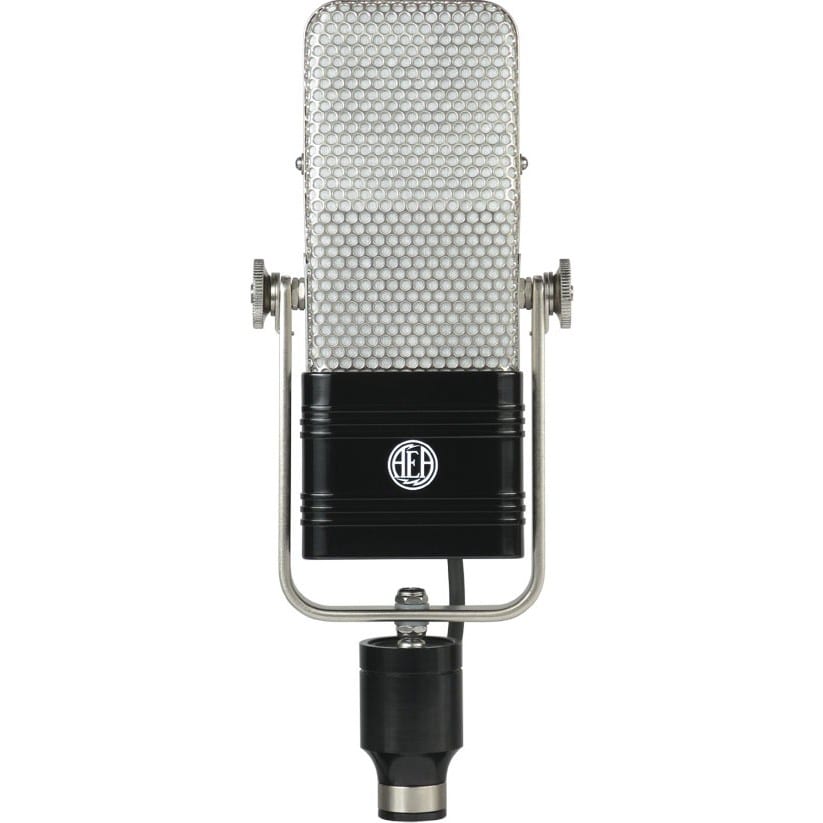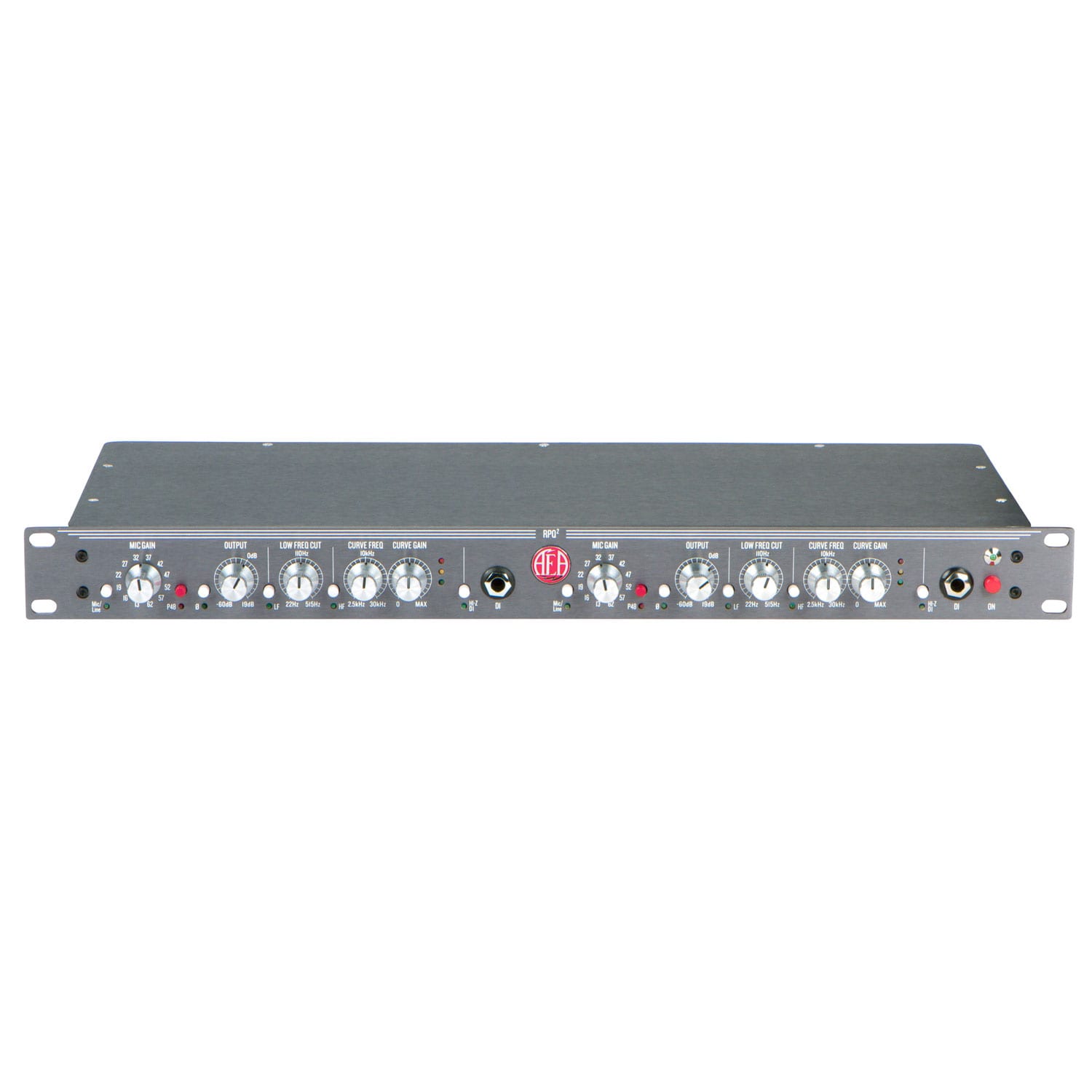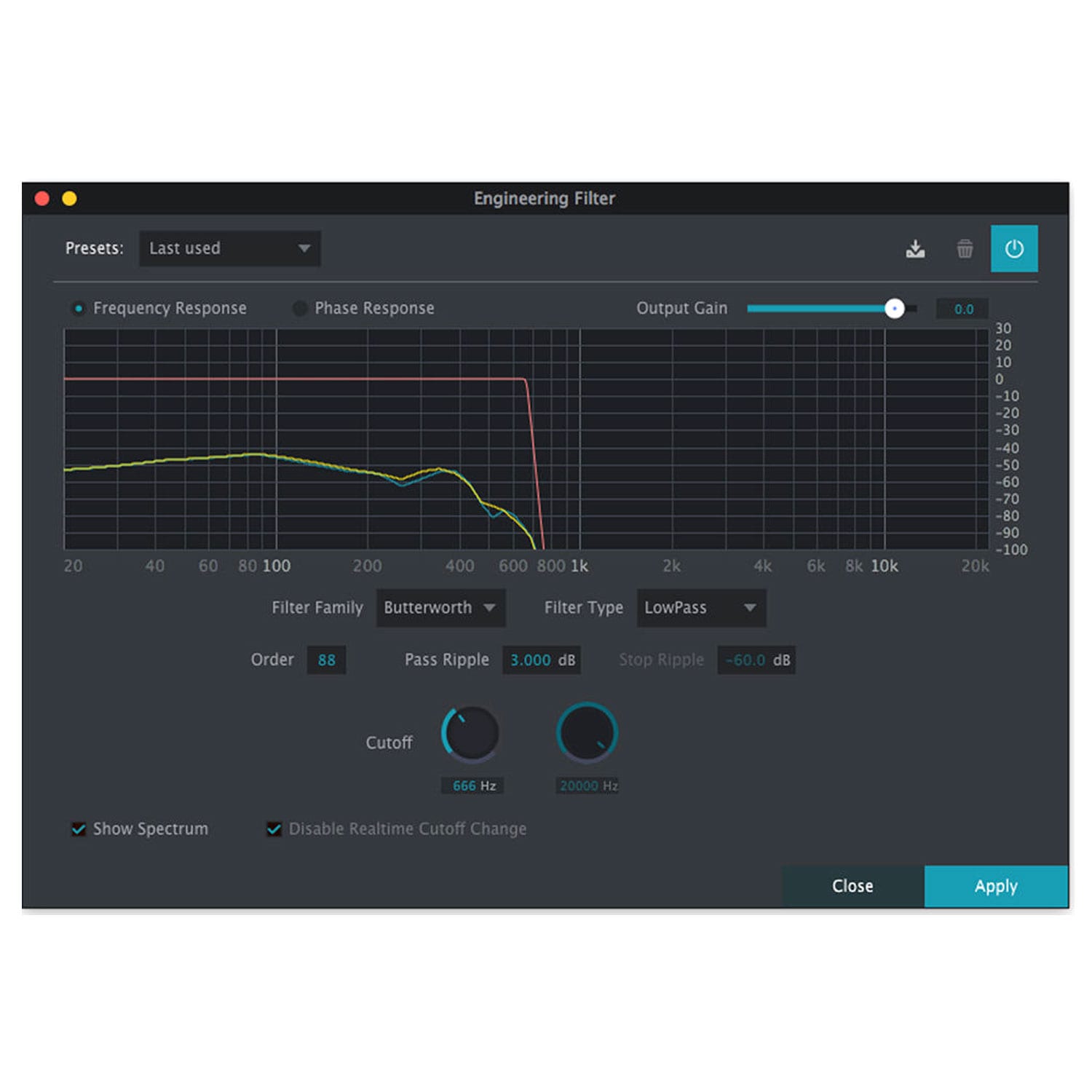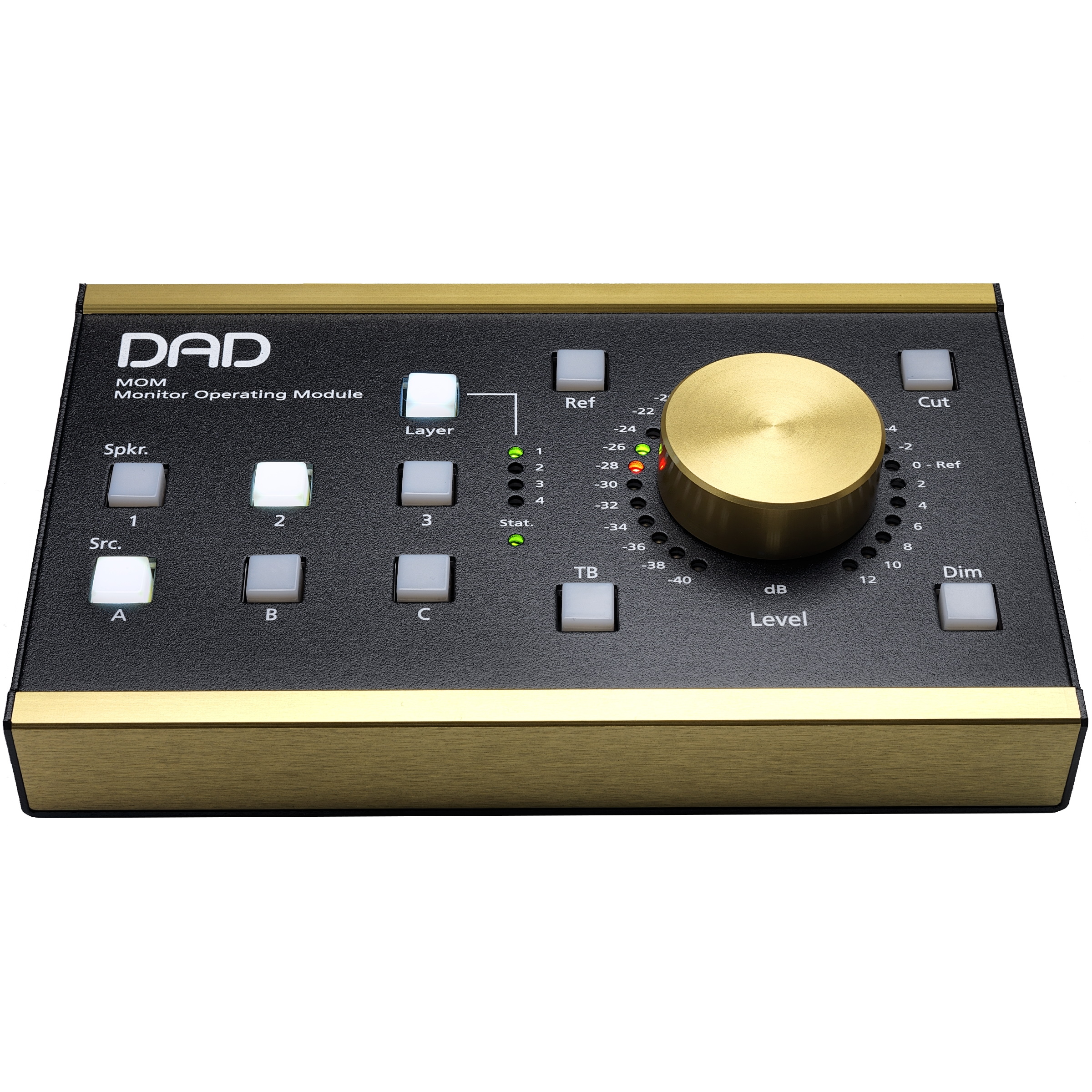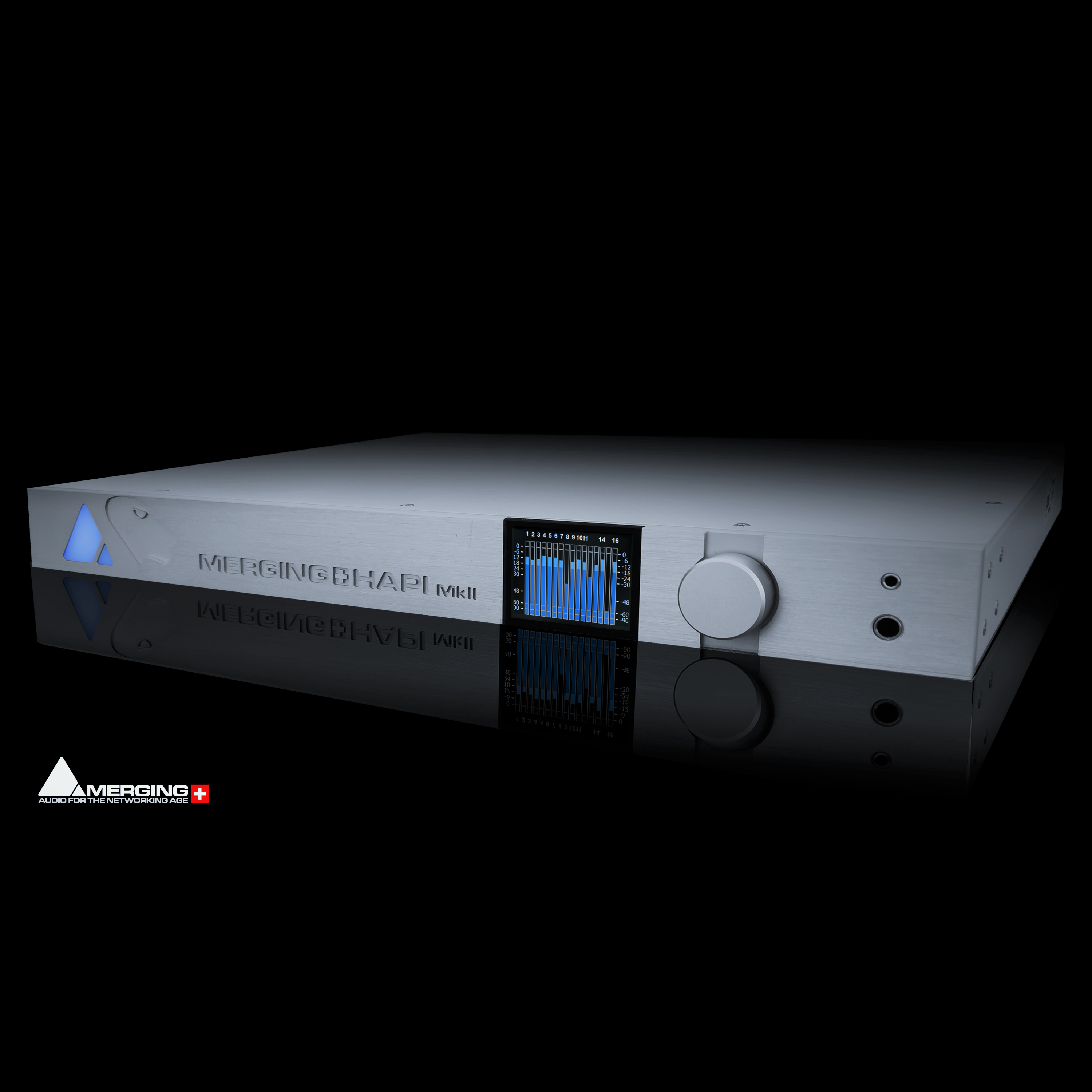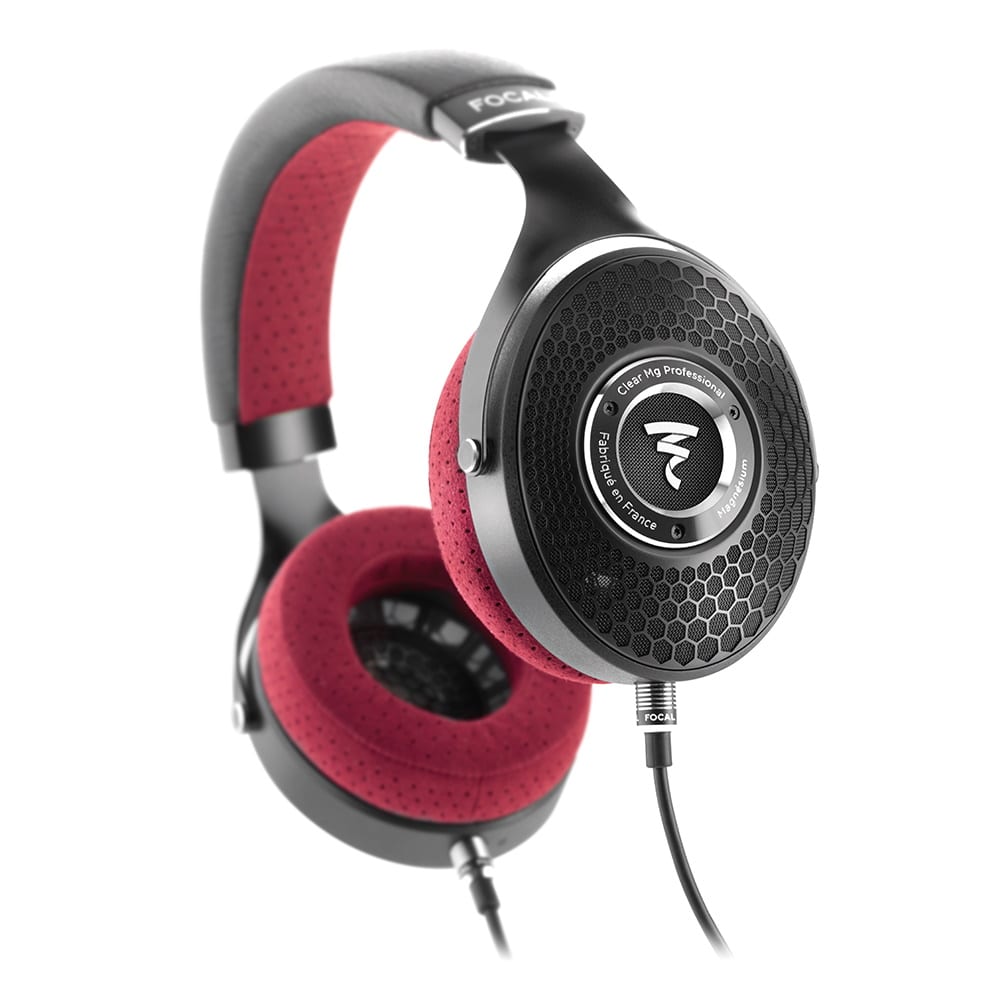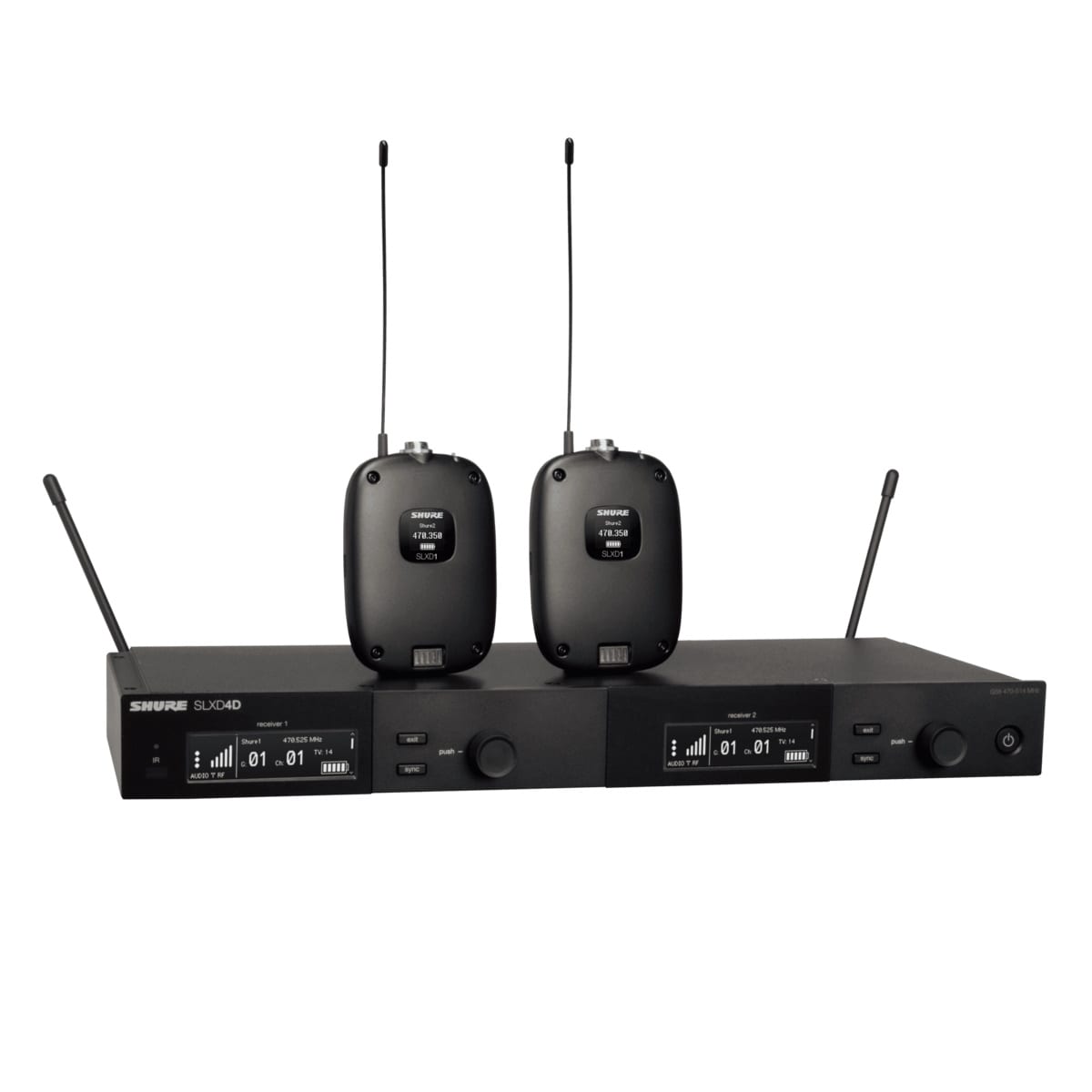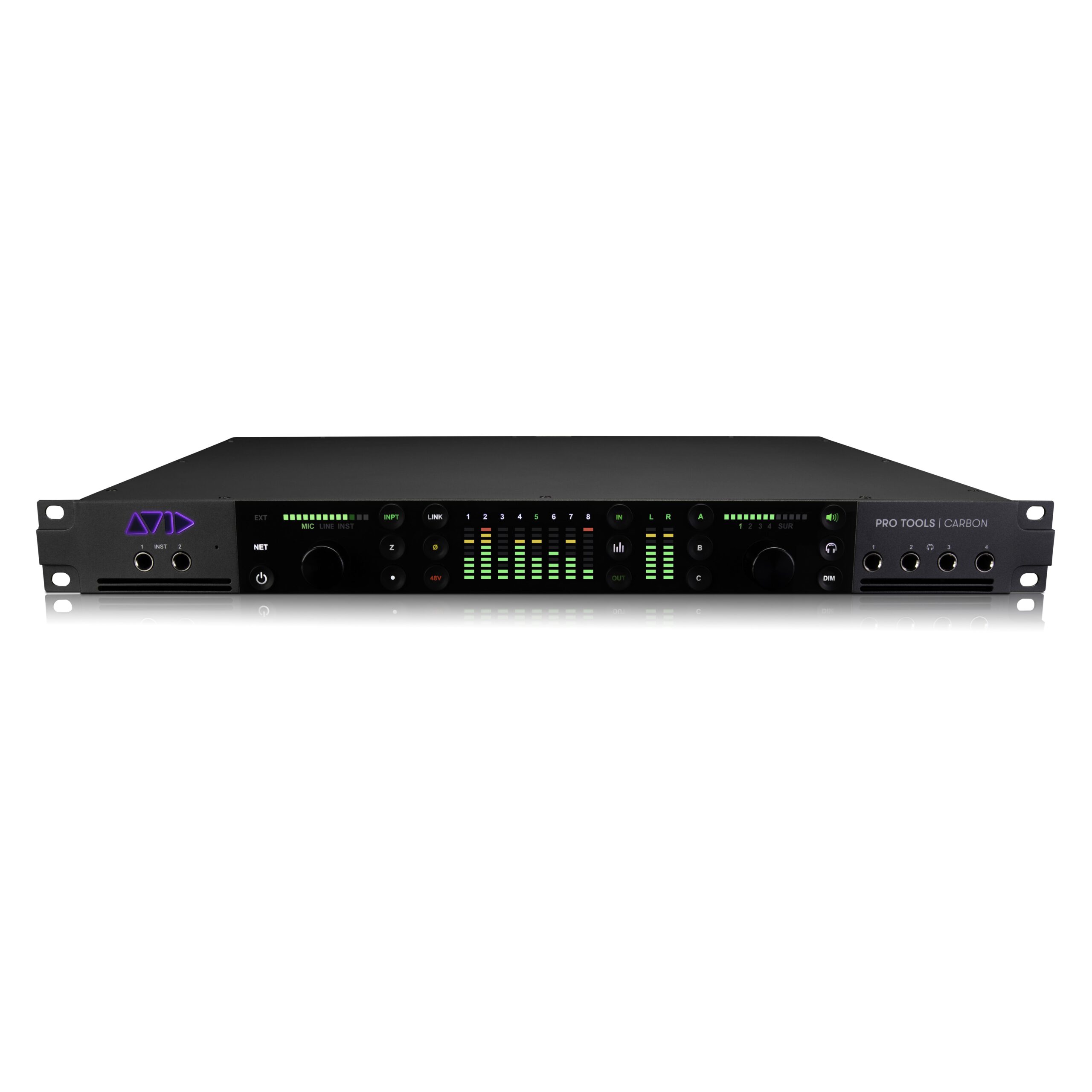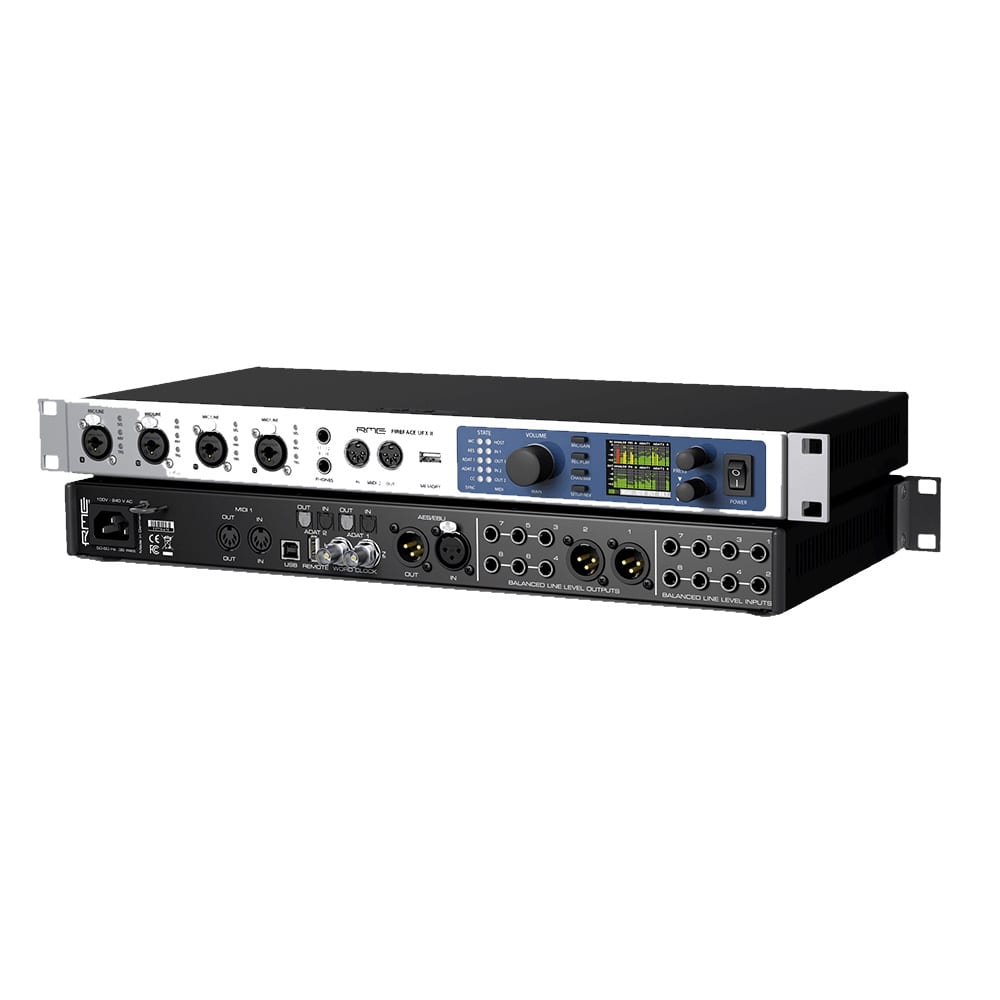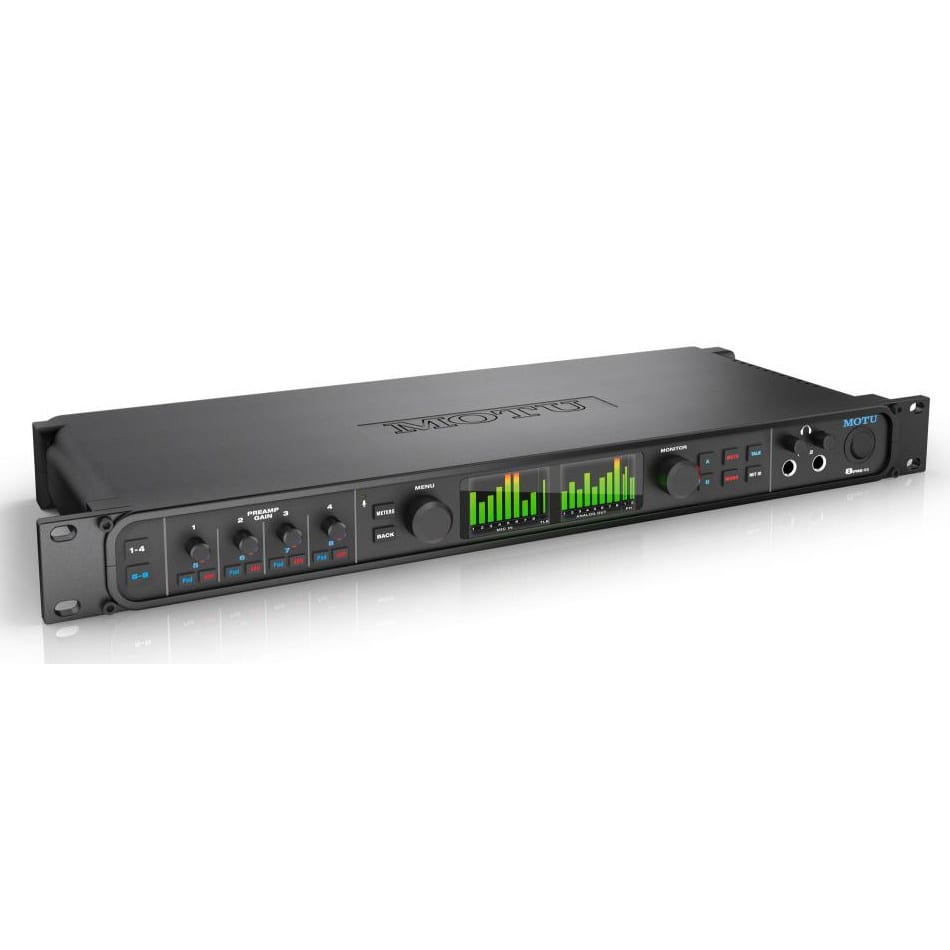Description
Reverb Time Machine
The Eventide SP2016 Reverb was the first programmable effects box available on the market. It introduced the concept of the ‘plug-in’ to the pro audio world back in 1982, with actual hardware chips that would be plugged in under the hood. Revered for its signature reverbs, the SP2016 was notably used by Dave Pensado, George Massenburg, Alan Sides, Roy Hendrickson, Jack Douglas, and Mick Guzauski. The lush reverb can be heard on countless hit records by Talking Heads, Adele, Mariah Carey, Eminem, and more. Now, 36 years later, this signature sound is available for your DAW.
Features
Three distinct reverb types:
- Room: Your basic no-nonsense, no-frills ambient “room.” It’s a mono effect with stereo outputs. The extreme Pre-Delay range makes it possible to use this effect for reverberant doubling and single echoes.
- 2016 Stereo Room: Recreates the ambiance of a large concert hall, with very clear, natural reverberation.
- Hi-Density Plate: Plate-type reverb with dual pickups simulating the effect of a bigger, heavier plate. This reverb allows you to make vocals, guitars and percussive instruments appear much bigger and brighter than they actually are.
Includes a variety of presets including some by Dave Pensado, Richard Devine, Joe Chiccarelli, Sasha, George Massenburg, The Butcher Bros., Buda & Grandz, Erin Tonkon, and more.
Six Distinct Reverbs
The SP2016 reverbs have attracted a loyal user base by using a particular blend of art and science — the end result is an effect that sounds natural and distinctive. The plug-in includes authentic emulations of Room, Stereo Room, and Hi-Density Plate algorithms, each available in two versions: Vintage and Modern. The Vintage algorithms are true to the original box, all the way down to the bit-depth. The Modern algorithms are brighter, more diffuse, and use a higher bit-depth.
The algorithms naturally emulate every aspect of the sound of a real physical environment — from the complex early reflections, to the natural way in which the echo density increases with time, and to the smooth Gaussian decay of the reverb tail. It’s a powerful simulation that lends itself to parametric control.
Sitting in the Mix
Control the structure of the reverb by fine-tuning the controls – including PreDelay, Decay, Position, and Diffusion. The EQ section allows for simple high and low filtering of the reverb with adjustable filter ranges. The low filter can be used to cut OR boost at the specified frequency.
With the unique Position control, the ability to make a reverb effect that sits perfectly in your mix is as easy as moving one slider. This powerful tool allows you to take your listeners from the back of the room all the way to the stage while retaining all of your other settings.
Reinventing a Classic
Classic gear stands the test of time. The sound of the hardware is the result of a combination of DSP processing and analog audio circuitry. Painstakingly modeling every aspect of these hardware units was neither quick nor easy, but now the must-have sonic beauty of this classic reverbs is available for your use in the box or live.

